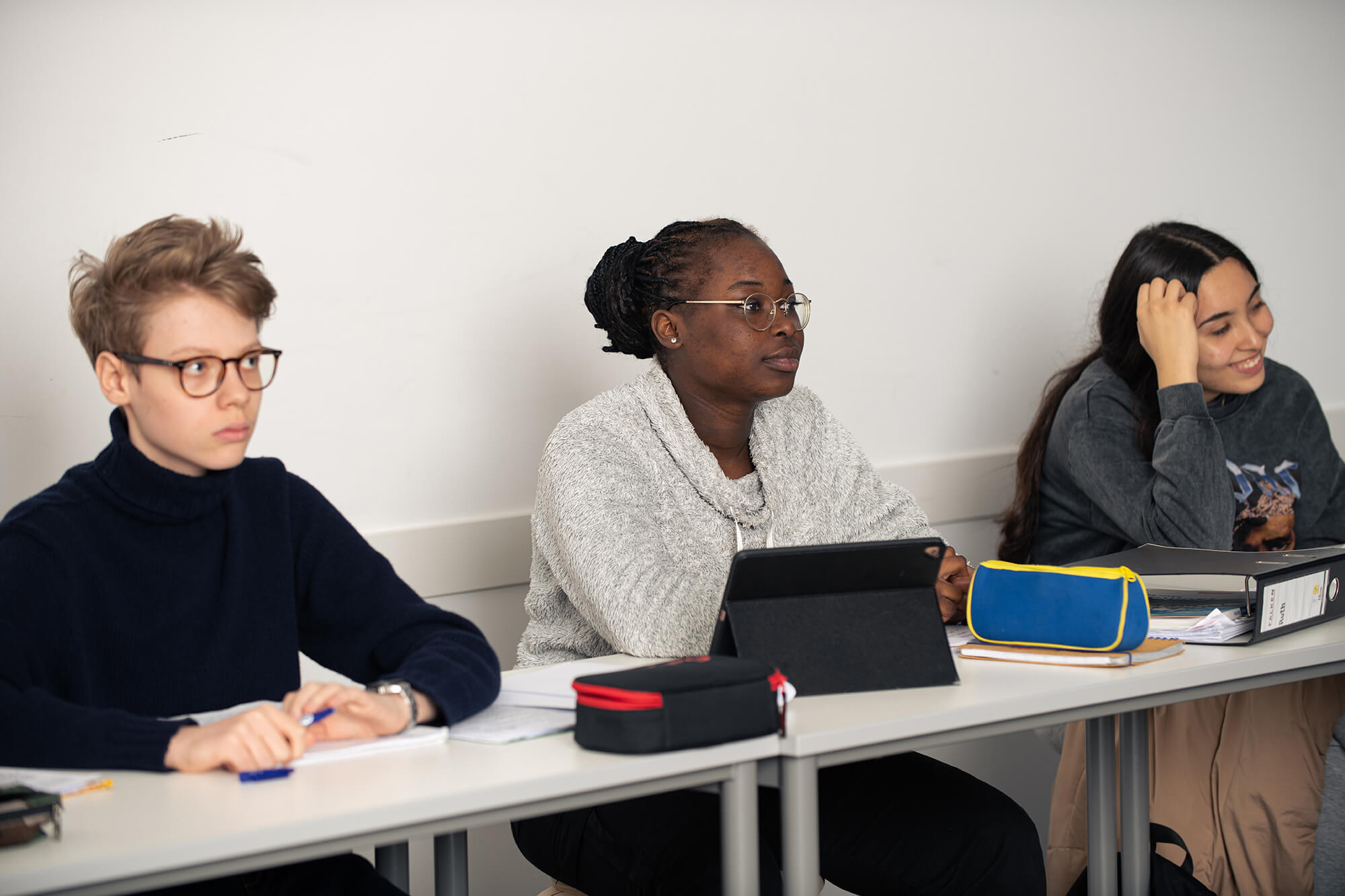
The Impact of Social Media on Teens in Secondary School
The use of social media is prevalent among teens. According to International Data Youth and Media 2022, 98% of adolescents (16-19 years) in Germany use the internet daily (2020 data). In the same survey, we can see that 27% of the respondents (aged 9-16 years) in Germany have reported a negative online experience (2020 data). But what impact does social media use have on teens in secondary school?
Social Media Benefits
Teenagers can create online identities, join community with others and build social networks, thanks to social media. These networks can be a great source of support for teens, especially for those who struggle with marginalisation, impairments, or chronic diseases.
Teens also utilise social media for self-expression and entertainment. Additionally, the platforms can inform teenagers about current events, enable cross-border communication, and impart knowledge on a range of topics, including healthy behaviours. Teenagers may even benefit from using social media that is amusing, entertaining, or that offers a meaningful connection to peers and a wide social network.
Social Media Harms
However, teens’ usage of social media can also have a detrimental impact on them by diverting their attention, disrupting their sleep, and exposing them to bullying, rumours, unrealistic expectations, and peer pressure.
The risks might be related to how much social media teens use. A 2019 study of more than 12,000 13- to 15-year-olds in England found that using social media more than three times a day predicted poor mental health and well-being in teens.
Other research has found associations between heavy social media usage and signs of depression and anxiety. A 2016 study of more than 450 teens in Scotland found that more frequent social media usage, nocturnal social media usage, and emotional involvement in social media, such as being upset when you cannot log on, were all associated with poor sleep quality, higher levels of anxiety and depression and low self-esteem.
The impact of social media could also vary based on how teens use social media. A 2015 study of over 600 students discovered that social comparison and feedback-seeking by teens using social media and cell phones were linked with depressive symptoms. Moreover, a small 2013 study found that older adolescents who used social media passively, such as just by viewing other’s photos but not interacting, reported declines in life satisfaction. Those who used social media to interact with others or post their own content did not experience these declines.
Protecting Your Teen
Below are some steps you can take as a parent to encourage responsible use of social media and limit some of its negative effects.
- Set reasonable limits: Your teen should be taught how to use social media without allowing it to interfere with their activities, sleep, meals, or homework. Keep phones and tablets out of their bedrooms and promote a bedtime routine free of electronic media use.
- Monitor your teen’s online activity: Inform your teen that you will be checking their social media accounts frequently. Aim to do this at least once a week or more.
- Explain what is not OK: Encourage your teen to refrain from spreading rumours, harassing others, or harming their reputation. Discuss with them what information is appropriate and safe to share on social media and what is not.
- Encourage face-to-face contact with their friends: This is particularly important for teenagers at risk for social anxiety disorder.
- Talk about social media: Talk about your own usage of social media. Ask your teen how they are using social media and how it makes them feel. Remind them that social media is full of unrealistic images.
We hope this article helps you protect your teen from the negative impacts of social media. If you want to find out more about Mentora Gymnasium, you can make an appointment and visit our school or take part in one of the regular open days we host.